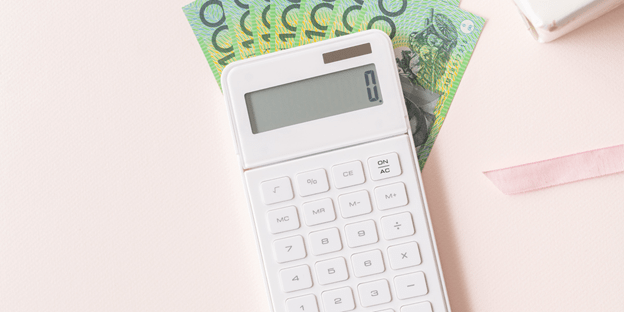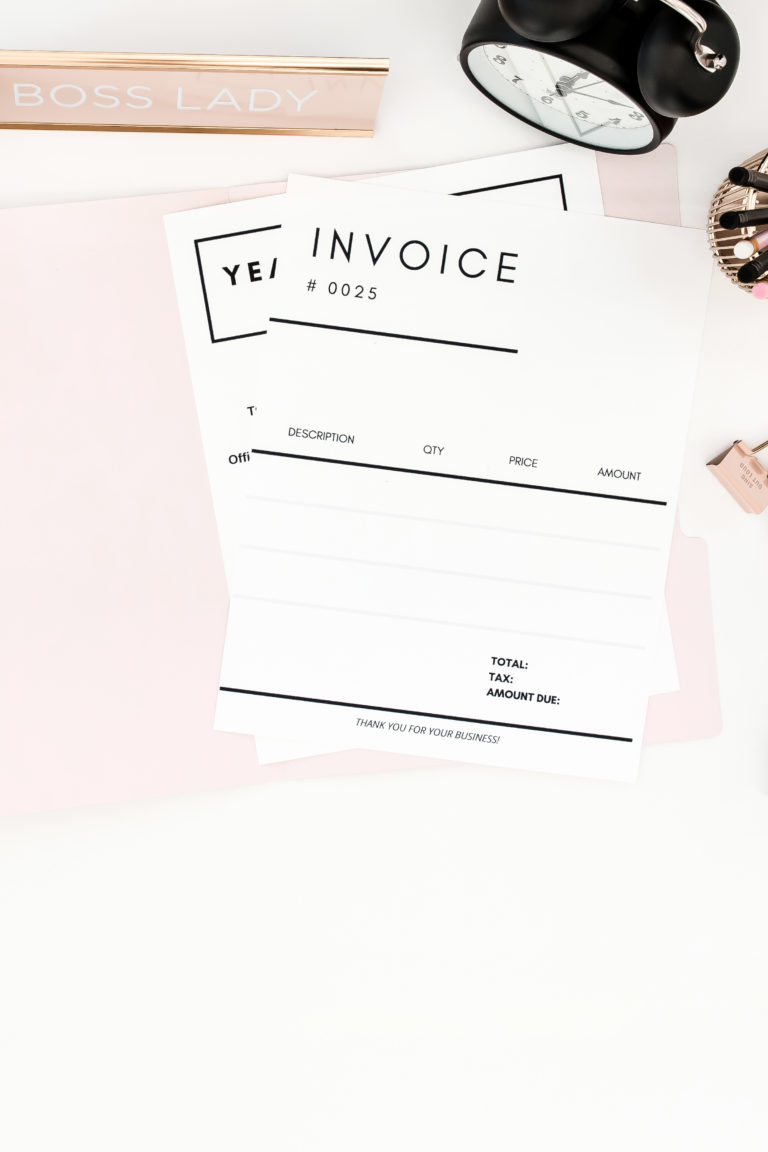Grab My Formula For Month-End Bookkeeping

If you are still DIY-ing your bookkeeping and you aren’t quite sure if you’re doing it right, you’ve come to the right place. I’m sharing the exact formula I use to keep my clients’ books in tip-top shape. Bookkeeping doesn’t have to be baffling, let me show you how to balance like a boss. Every. Single. Month.
Process Your Expenses
If you’re set up with robust accounting software (like Xero!), connect your bank account so transactions are automatically uploaded into your Xero file, ready for you to allocate without missing a single one.
Monthly Expense Coding Check
Enter all your expenses by type. For example:
- Advertising: Pinterest, Instagram, Facebook
- Bank fees: PayPal, Stripe, Shopify, AfterPay
- Contractors: social media, graphic design, virtual assistant
- Accounting and bookkeeping
- Software: Canva, Xero, Social Media Scheduling
- Website: sales platforms (Shopify) domain and email hosting
Take it up a notch – forecast your future monthly expenses for peace of mind.
Customising your chart of accounts makes it reporting, tracking and coding your expenses simple.

Quality Control
Mistakes happen even if you’re fastidious with your accounts. Trust me! Missed payments, double payments, wrong GST code and missing money are common problems and are easily solved if you’re on the ball.
Monthly Quality Control Check
- Ensure your bank balance in your software balances with your physical bank account.
- Run a transaction report to review your income and expenses to make sure they’re in the right buckets.
- Sift through for any missing payments or double-ups.
- Pay attention to GST and ensure you’ve coded it correctly.
- Action errors immediately to save dramas later.

Accounts Receivable
I see a lot of people skip this step. Incoming money is critical to your flourishing business. Oversights can be painful to fix later so make it a monthly to-do to be across it.
Monthly Accounts Receivable Check:
- Code incoming funds correctly, so you can see where you are making bank. For example if you have retail and wholesale, have two income accounts. Sales – Retail and Sales – Wholesale.
- Pop your GST from your income in a separate bank account so you can pay your quarterly BAS without breaking a sweat.
- Chase debtors: keep on top of late payments and follow up on overdue payments quickly
- If needed, engage a bookkeeper or legal support to chase money owed to you.
- Forecast your future monthly income for peace of mind.

The most important part of bookkeeping is consistency. Download my monthly checklist and add it to your wall planner to stay on track!
Need more tips? Check out my bookkeeping tips for the self-employed and bookkeeping resources for DIY bookkeeping support.
Squeaky clean, accurate bookkeeping for your business is totally achievable for you. Either DIY it the right way, or get a bookkeeper on the tools to do all of the above and more for you.






